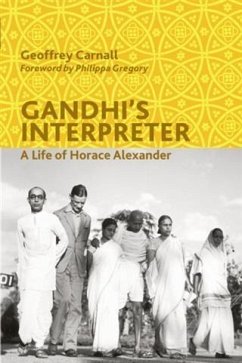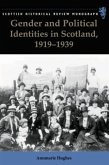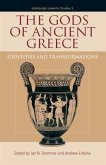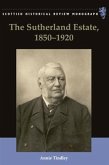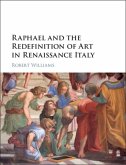Horace Alexander was an English Quaker who played a significant part in relations between Indian nationalist leaders and the British Government in the years before the transfer of power in 1947. He came to know Gandhi well, and was trusted by him as an intermediary. At the same time he enjoyed the confidence of the British Conservative ministers R.A.Butler and Leo Amery, as well as, on the Labour side, Sir Stafford Cripps and Lord Pethick Lawrence. He avoided publicity so successfully that his role has almost entirely escaped the attention of historians of the period. He taught international relations at Woodbrooke, the Quaker college in Birmingham, where many students came from Europe, including, after 1933, refugees from Nazi Germany. Such contacts formed the basis for involvement with efforts to prevent the outbreak of the Second World War. This beautifully written biography relates the development of Alexander's commitment to a humane and just international order from its origins in Quaker pacifism and the optimistic liberal ideology prevailing in early twentieth-century Cambridge, to its attempted realisation in the League of Nations. As Geoffrey Carnall demonstrates Alexander saw Gandhi's ideas as a fulfilment of this vision, and sought to interpret them in terms comprehensible to people in the West.
Dieser Download kann aus rechtlichen Gründen nur mit Rechnungsadresse in A, B, BG, CY, CZ, D, DK, EW, E, FIN, F, GR, HR, H, IRL, I, LT, L, LR, M, NL, PL, P, R, S, SLO, SK ausgeliefert werden.

